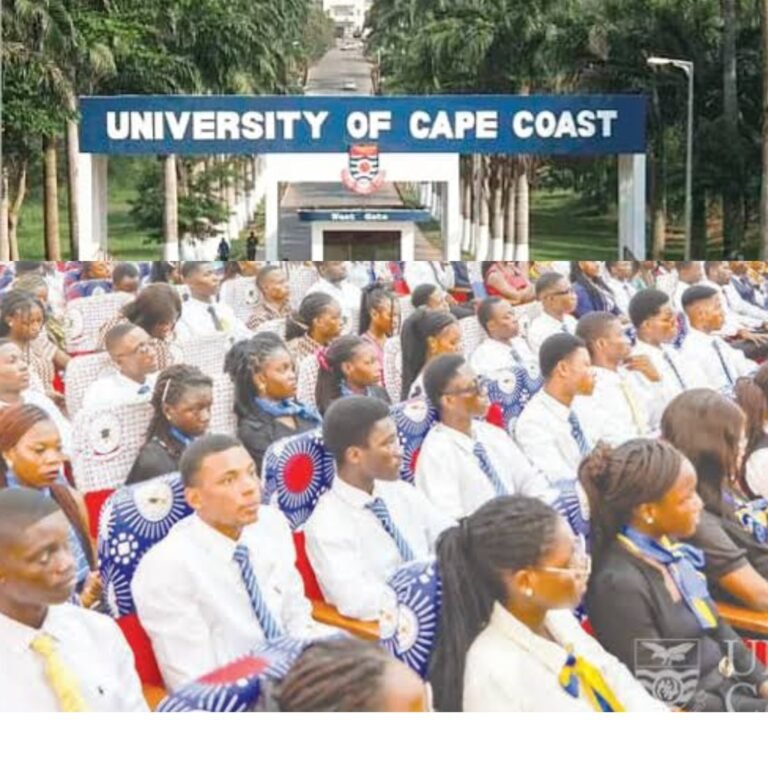
Finance Minister Ken Ofori-Atta
The Minister of Finance, Ken Ofori-Atta, is expected to lay the 2022 Budget Statement and Economic Policy of the Akufo-Addo government before Parliament today. He will do so on behalf of President Nana Addo Dankwa Akufo-Addo, in accordance with Article 179 of the 1992 Constitution and Section 21(3) of the Public Financial Management Act, 2016 (Act 921).
The budget will focus on expanding on the economy’s recovery from the ravages of the Covid-19 pandemic and the creation of a climate-friendly entrepreneurial state to address the issues of unemployment and import substitution.
Among the top areas that will feature prominently in the 2020 Budget Statement and Economic Policy are the government’s digitalisation agenda, skills development and entrepreneurship.
Digitilisation
Many experts have described the government’s digitalization agenda, being spearheaded by Vice-President Mahamudu Bawumia, who is the head of the Economic Management Team, as a laudable initiative.
They see the efforts to accelerate development through digitalisation of public sector services as a vital catalyst for job creation.
The founder of AlexPay, a fintech company, Mr Moses Kanduri, is reported to have urged the government to decentralise the application of digitalisation to all sectors, and leave it to the private sector to lead.
“The adoption of new forms of innovation to improve education, health, transportation, etc, which has made digitalisation a sought-after means for development, is possible because Ghana’s digital infrastructure is presently not where it used to be 10 years ago,” he was quoted as saying.
According to Mr Ehi Binitie, co-Founder of Rancard Solutions, digitalisation will translate into economic growth only in a knowledge economy that prioritises high technology skills.
“Our digitalisation agenda has only laid the foundation. The evolution of that is to begin to take it to the next step. They are all foundational and important for a digital economy, but the greatest resource in a digital economy is the knowledge resource, and Ghana has no shortage of smart and talented people,” Mr Binitie was quoted to have said.
Unemployment
One of the major problems confronting the country now is how the government can create employment avenues to absorb the thousands of jobless citizens, especially the youth graduates from the various tertiary institutions, who are struggling for survival.
Skills development and entrepreneurship are expected to feature prominently in today’s budget presentation, as the government intends to use these two initiatives, together with its import substitution programme, to tackle the unemployment issue.
No freebies?
Meanwhile, some pundits have urged the public to lower their expectations of freebies in the 2022 budget, saying the economy is not in the best of shape to allow the government to do that. .
According to Joe Jackson, Director of Business Operations at Dalex Finance, shortfalls in revenue mobilization, high debt servicing rate and the huge borrowing of the government make it difficult to provide significant interventions meant to cushion citizens.
He believes the budget should focus on increasing investor confidence, and impressing upon lenders that Ghana is doing its best to stabilize the economy.
“The budget must signal better management to the market so that we can borrow because we still have to borrow. They have to know that we are doing our best to manage our affairs so that we can borrow at reasonable rates,” he said in a radio discussion.
Revenue mobilization
Mr Jackson also urged the government to go beyond the digitalization drive, and broaden the tax net and introduce progressive taxes that levy the wealthy and luxury in order to generate more revenue to fund its developmental agenda.
His position is shared by the Minister of Information, Kojo Oppong Nkrumah, who says as demands for public services increase, one of the ways government can bring about development is to mobilize more domestic revenue to enable it satisfy the legitimate needs of the people.
“Obviously, we would need to introduce some new broad-based taxes if we are to rake in the needed revenues to deliver what our people desire. New taxes may have to be imposed on items that exclude the poor and do not have high cascading effect so that it does not increase the difficulties that the Ghanaian is going through,” he said in a media interview last week.
He said government’s target is to use the 2022 budget to consolidate the gains made so far in previous years, and “reboot the economy and set it back on track”.




